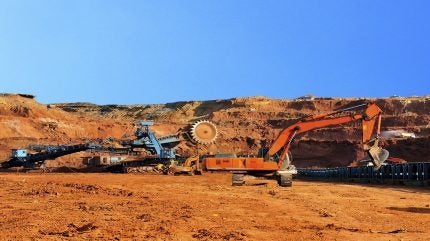The Federal Government has granted BCI Minerals environmental approval for its Mardie salt and potash project in Western Australia.
The approval paves the way for BCI Minerals to commence operations by filling Mardie’s evaporation ponds 1–3 with seawater.
Once the first three ponds are full, BCI Minerals can update its groundwater monitoring and management plan (GMMP) by using real-time data from its network of monitoring bores and additional studies.
The company can then resubmit the GMMP to the Western Australian and Federal environmental regulators for approval before it proceeds with filling evaporation ponds 4–9 with seawater.
“This is an important and pivotal moment for BCI Minerals as we move into the next phase of becoming Australia’s newest, high-quality industrial salt producer,” BCI Minerals managing director David Boshoff said.
“Australia hasn’t developed a salt project of this significance in 25 years, and the Mardie project will be Australia’s largest solar salt project and the third largest globally.”
Located 80km south of Karratha in the Pilbara region, the Mardie project currently has an operating life expected to exceed 60 years.
Construction of the project’s salt-first component is 48 per cent complete, with BCI Minerals on track to achieve first salt on ship in the second quarter of the 2026–27 financial year.
“With the projected growth in demand for high grade industrial salt in our target Asian markets, BCI Minerals is strongly positioned to supply global markets with Mardie salt for generations,” Boshoff said.
“BCI Minerals has diligently worked through all state and federal approval processes over many years with the Western Australian and Commonwealth Governments.”
In July, BCI Minerals signed a 21-year transhipment services agreement with CSL Australia that is worth $598 million. The contract is the largest contract for Mardie to date.
Subscribe to Australian Mining and receive the latest news on product announcements, industry developments, commodities and more.




